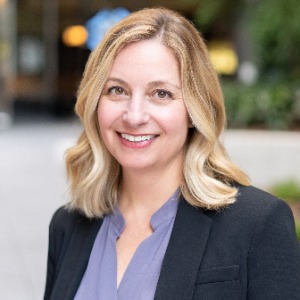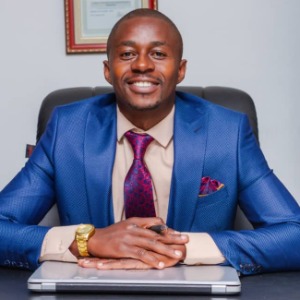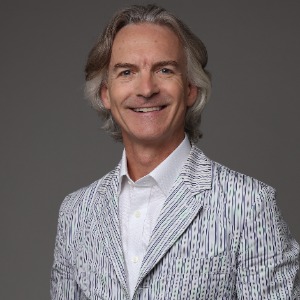
Leader Lessons From The Pandemic: Technology Is The Great Enabler

Crowe Global’s Art of Smart content is founded upon four pillars of success in decision-making: growth, diversity, boldness and innovation. It aims to help business leaders make smarter decisions. When the COVID-19 chaos hit, it impacted every organization in the world to some degree. Some leaders were well prepared to make smart decisions and pivot, or to re-write business plans; others were not.
We asked decision-makers from all over the globe, and across a variety of industries, to share their honest and insightful learnings from 2020. Here are their selected answers. They will hopefully serve as lessons to heed for fellow business leaders looking to make smarter decisions that have lasting value.
 |
Pavlos Spyropoulos, Chief Executive Officer, Lloyd's Asia: “The pandemic and the shift to working from home resulted in me enjoying much greater access to people across geographies as we all embraced videoconferencing in a way that we had never done before,” says Singapore-based Pavlos Spyropoulos, Chief Executive Officer of Lloyd's Asia, part of the world’s leading insurance market. “I have been able to be a great deal more structured in terms of the frequency and effectiveness of the interactions I have with my teams. As an aside, I have learned about how important playing sport and exercising are to me and my mental health. |
 |
Nicole Alvino, Co-Founder and Chief Strategy Officer, SocialChorus: “The COVID-19 fallout has shown all leaders that they need a way to reach their entire workforce with critical messages,” says Nicole Alvino, Co-Founder and Chief Strategy Officer, SocialChorus, a workforce communications platform headquartered in America. “This has been a benefit for our workforce communications SaaS platform.
|
 |
Raymond Sibanda, Partner, Crowe Zimbabwe: “Partnerships and alliances have always achieved greater results than individual efforts,” says Raymond Sibanda, Partner at Crowe Zimbabwe. “The COVID-19 pandemic has shown us that when we cooperate at a large scale, we create affiliations that are value-driven through innovation, agility, and focus. |
 |
Rabea Al Muhanna, Executive Partner, Crowe Kuwait:
“The pandemic taught us how relevant boldness and innovation are in the face of uncertainty,” says Rabea Al Muhanna, Executive Partner at Crowe Kuwait. “Decisions, rightfully taken by the country’s authorities to impose lockdowns and ban travel, introduced myriad issues for individuals and organizations. “Considering the demographics of the Gulf Cooperation Council region, total stoppage of all travel meant, for many organizations, the absence of business travel or vacations. Overnight, systems had to be established to ensure continuity of work, from inside the controlled office premises to outside locations. In a people-dependent services industry, such as ours, it was an HR challenge of the likes we’ve never before faced.
“At the firm level, we had to, within the shortest possible time, switch to an entirely different operational model, which could never even have been thought of in normal situations. It was a classic example of ‘thinking out of the box’ through which we succeeded in maintaining the continuity of our services, making ourselves available to clients throughout the lockdown period, as well as in addressing some of the continuing challenges.
“Technology was certainly a facilitator in the adopted strategy, but boldness and innovation at the firm level, and at the individual level of each member of the team, were key in overcoming the uncertainty, adopting positivity and succeeding.”
|
 |
Minter Dial, Leading technology speaker, author and podcaster:
“Usually, in times of crisis, you can pull from your experience to help guide you,” says Minter Dial, leading technology speaker, author and long-time podcaster. “For me, I had to make three important adjustments: become more accomplished in being and presenting online live; adjust from a life dominated by travel and keynote speaking at events to being a homebody, experiencing a different relationship with time; and finding alternative ways to keep meeting new and interesting people every day – something I've been doing as a habit for the past decade. “When I traveled to live, in-person events, the audience on hand was, inevitably, mostly local. The fact that all events and meetings are now online means they can be attended by people from around the world, thus there is far greater diversity in the speakers and audiences. The Podcast Festival Live event we launched over the summer was originally going to be a local-to-London event. When we pivoted to online, we were able to unite people from around the world and invite speakers who might never have been able to fly in. This provides a tremendous richness to our online experience.”
|

.jpg?rev=95515d94aac24dc4b5befcb4961c3771&w=1140&hash=E6286BF1D77C446A4466D09B7843FD65)